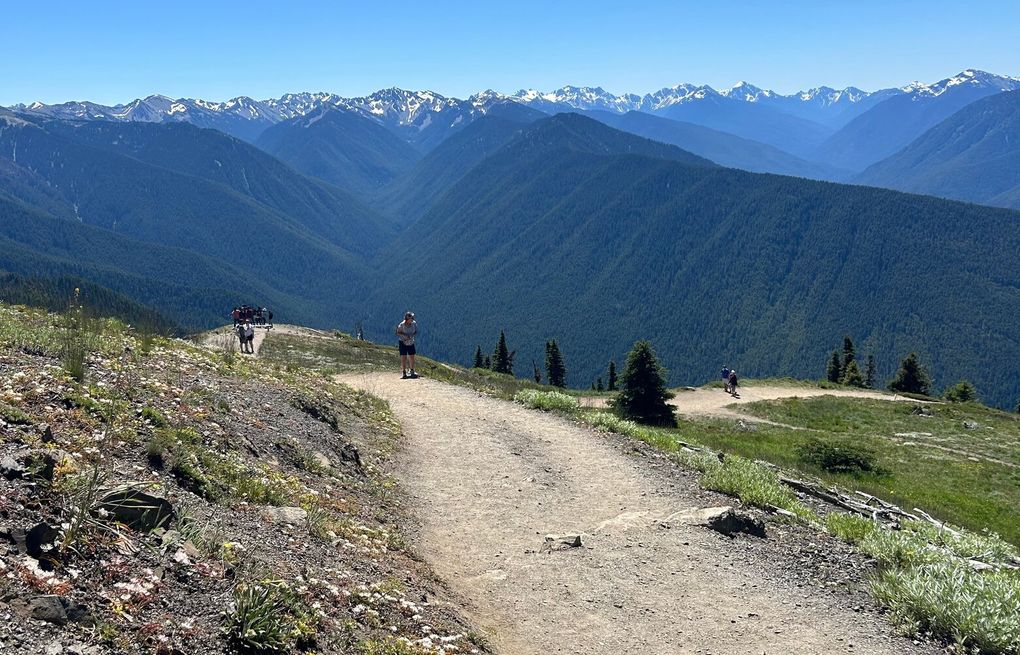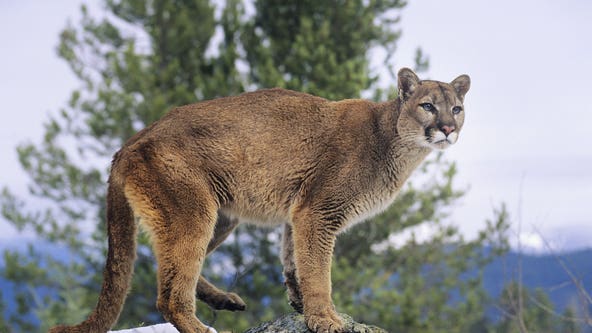Cougar Attacks 4-Year-Old Child in Olympic National Park Near Hurricane Ridge

A 4-year-old child was attacked by a cougar in Olympic National Park on Sunday, July 20, 2025, at approximately 3:15 p.m. PDT. The incident occurred near the Victoria Overlook area on Hurricane Ridge, a popular trail within the park. The child, whose identity has been withheld, was walking with their family when the attack took place.
The child sustained injuries from the cougar's bite and was immediately transported via LifeFlight to a Level 1 Trauma Center in Seattle for treatment. According to initial reports, the child was in satisfactory condition and has since been released from the hospital.
Immediate Response and Cougar Identification

Following the attack, park rangers were promptly notified and initiated a search for the cougar involved. A canine team joined the search effort around 5 p.m. on the same day. Shortly thereafter, park staff located the cougar, which was identified as a collared mountain lion.
On Monday, July 21, 2025, park staff "dispatched the animal," meaning the cougar was killed. This action aligns with the park's protocols for managing wildlife encounters that pose a threat to public safety.
Park Closures and Ongoing Investigation

In the immediate aftermath of the attack, the Hurricane Ridge Road, area, and associated trails were closed to the public until further notice. The Heart o' the Hills campground, however, remains open. The National Park Service (NPS) has launched a full investigation into the incident to determine the circumstances surrounding the attack and to assess any potential contributing factors.
Stakeholders Involved

Numerous stakeholders are involved in the response to and investigation of the cougar attack. These include:
- The child and their family, who are receiving support and care.
- Olympic National Park officials and staff (National Park Service), responsible for managing the park and ensuring visitor safety.
- Clallam 2 Fire-Rescue (Clallam County Fire District 2) paramedics, who provided initial medical assistance.
- Wildlife management agencies, such as the Washington Department of Fish and Wildlife (although the NPS has direct authority within the park).
- The general public, particularly park visitors and the local community, who are concerned about safety in the park.
History of Cougar Encounters in Olympic National Park

Cougar attacks on humans are infrequent but not unheard of in Olympic National Park. This recent incident marks the second reported cougar attack on a child within the park in recent years. In July 2023, an 8-year-old child was attacked by a cougar while camping at Lake Angeles. The child sustained minor injuries, and that cougar was also subsequently euthanized.
Olympic National Park is recognized as cougar territory, and these animals are integral to the park's ecosystem as apex predators. They are naturally elusive creatures, typically avoiding human interaction.
Park's Cougar Management Policies and Visitor Guidelines

Olympic National Park maintains established protocols for managing wildlife observations, interactions, and attacks. These protocols include the possibility of lethal removal of animals deemed a threat to public safety. The park advises visitors to adhere to the following precautions:
- Avoid hiking or jogging alone.
- Keep children within sight and close to adults.
- Leave pets at home.
- Remain alert to surroundings.
In the event of encountering a cougar, visitors are advised to:
- Avoid running.
- Face the animal.
- Make oneself appear large.
- Make noise.
- Fight back if attacked.
Public Reaction and Subsequent Actions

The cougar attack has garnered significant media attention and raised concerns among the public regarding visitor safety in national parks. The child's father is being recognized for his heroic actions in protecting his child during the attack.
Park officials have issued reassurances that there are "no current threats to the public" following the removal of the cougar. The temporary closures around Hurricane Ridge demonstrate the park's immediate response to prioritize public safety and facilitate the ongoing investigation.